Out Now
The Heritage Issue
Current Issue
The Heritage Issue
Apr-May 2025
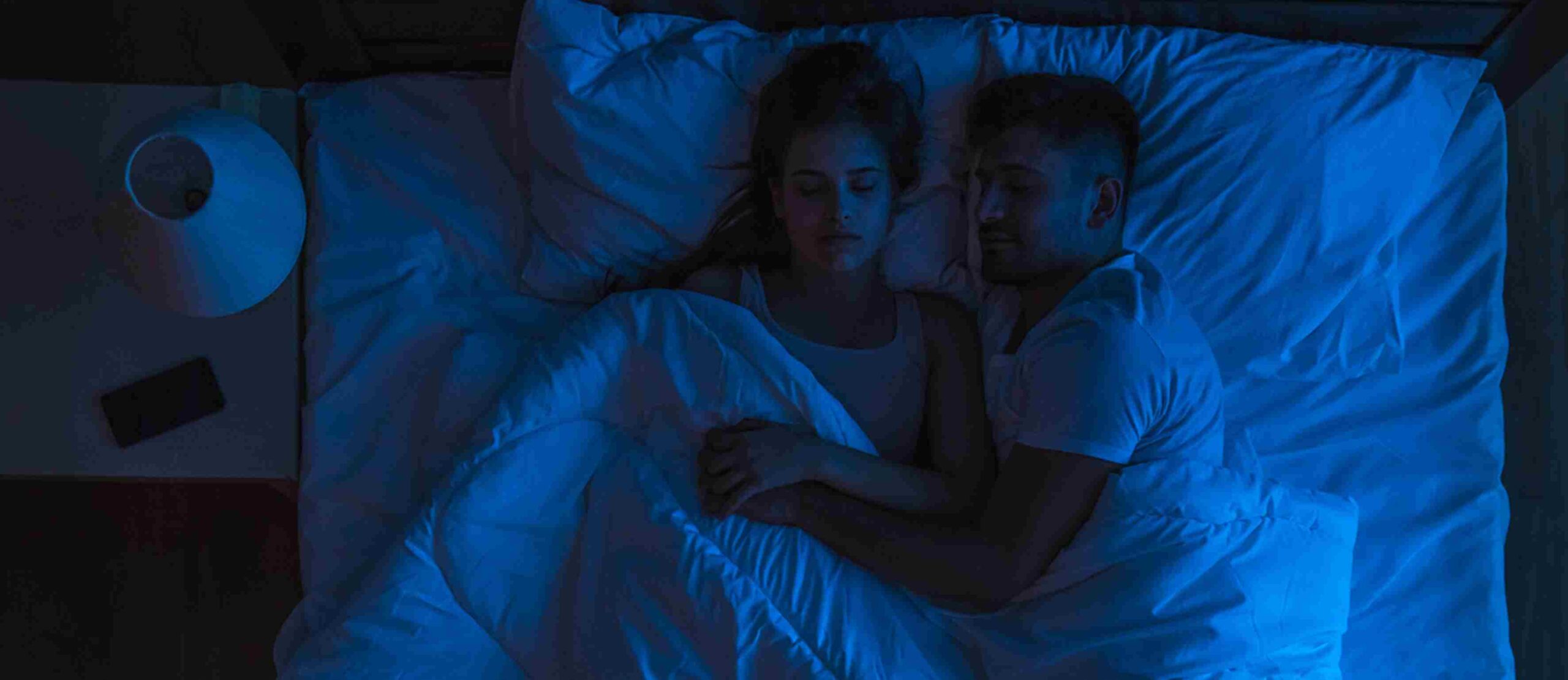
After a hard day on the tools, a good night’s sleep is just what the doctor ordered. But why’s it so important? And how can you increase the chances of catching a good quality 40 winks and being in top shape for work tomorrow?
On the surface of it, it’s fairly logical why we need sleep. Burn some physical and mental energy during the day, replenish it at night. Job done.
But scratch the surface, and sleep is very much a science – one that’s good to understand in order to get the maximum benefits.
OK, so to understand why sleep’s so important, it’s good to understand how it works.
Essentially, we have four sleep stages, forming a sleep cycle. Three of those stages are non-rapid eye movement (NREM), and the fourth is REM – the favourite of all of the Michael Stipe fans out there.
Stage 1: N1
Length: 1-7 minutes
What happens? This is when you’re falling asleep. Brain and body activity begins to slow. Unless you fully wake up during the night, you’ll only go through N1 once (hi to all of the parents of young kids out there).
Stage 2: N2
Length: 10-25 minutes
What happens? You’re asleep. Your temperature drops, muscles relax, and your breathing and heart rate slows. During the course of a sleep, you’ll spend half your time in this state.
Stage 3: Deep sleep
Length: 20-40 minutes
What happens? This is when you’re really into it. Your muscles relax, and your breathing and pulse rate decrease further. This is when your bod restores itself, and the deep sleep phase helps our insightful thinking, memory and creativity.
Stage 4: REM sleep
Length: 10-60 minutes
What happens? This usually occurs after about 90 minutes of sleep, and accounts for around 25% of your total sleep time. The body experiences temporary muscle paralysis, apart from the muscles that control breathing and your eyes. This stage helps memory, creativity and learning.
As well as being able to replenish and restore our bodies and brains, sleep is also incredibly important for good mental health.
A lack of sleep has also been linked to depression, suicide (poor sleep quality increased risk of suicide by 34% in one study) and risk-taking behaviour. Not ideal for an electrician.
So, if you want to give yourself the best chance of being in tip-top shape tomorrow, you need to put sleep high on your list of priorities.
We spoke to sleep expert Dr Sam Megalli, CEO and Founder of Ultra Nature, to get his top six tips on improving sleep.
Our bodies have internal clocks, and maintaining a regular sleep schedule helps sync them. By going to bed and waking up at the same time, even on weekends, you can set yourself up for success.
“Try to go to bed and wake up at the same times, even on weekends,” he says. “This consistency regulates your circadian rhythms and makes it easier to fall asleep and wake up feeling refreshed.”
It’s all common sense, but giving yourself the chance to wind down is essential. Reading a book, having a bath, and limiting screen time are all key here. As is a dark, quiet and cool bedroom – and, of course, a comfortable mattress and pillows.
Many sleep issues result from stress and anxiety, so practising stress-reduction techniques such as mindfulness meditation or progressive muscle relaxation can help here.
What you eat and drink can impact your sleep, as heavy or spicy meals close to bedtime can lead to indigestion. Evening caffeine and alcohol can also disrupt your sleep patterns.
Some good exercise can help you get a good night’s sleep – but not too close to bedtime, as it can overstimulate your body.
While short power naps can be a nice treat, long or irregular napping during the day can disrupt your sleep patterns. If you need to nap, aim for 20-30 minutes. Lunchtime ute nap here we come.
Finally, according to Dr Sam, exposure to natural light during the day helps regulate your sleep-wake cycle. “Spending time outdoors, especially in the morning, helps regulate your body’s internal clock.”
Every third person seems to have obstructive sleep apnoea (OSA) these days. Well, that’s pretty close to the truth, because one in four men over the age of 30 have it to some degree. (It affects men a lot more often than women.)
And yep, more and more people are being diagnosed with it – which could be attributed to a greater awareness, but also due to the general levels of obesity in the world today.
So, what is sleep apnoea?
Obstructive sleep apnoea is when your breathing repeatedly stops and starts during sleep, because your airways have become blocked, reducing – or sometimes completely stopping – airflow.
What causes sleep apnoea?
A number of factors can contribute. Large tonsils, changes in hormone levels, obesity and alcohol can all cause sleep apnoea.
What’s the impact of sleep apnoea?
Snoring during sleep, being observed to hold your breath during sleep, waking up during the night, tossing and turning, and waking up not feeling refreshed are all symptoms. With sleep apnoea, you will struggle to get into the deeper sleep stages.
How’s sleep apnoea diagnosed?
It’s diagnosed by an overnight sleep study, where your breathing and oxygen levels are monitored.
How’s sleep apnoea treated?
Mild OSA can be treated by weight loss, reducing alcohol intake and sleeping on your side. Moderate to severe cases are treated with a gadget that keeps your airways open or a CPAP machine (Darth Vader style!) that pumps air into you to hold your throat open. Not terribly attractive or convenient, but effective. Failing that, it’s surgery.
What if you don’t treat sleep apnoea?
People with untreated OSA have a higher risk of diabetes, stroke, headaches, depression, decreased libido and impotence.
Keep up to date with our latest news and competitions by subscribing to our regular newsletter.

Issue 183
OCT - NOV 2024

Issue 182
AUG - SEPT 2024

Issue 181
JUN - JUL 2024

Issue 180
APR - MAY 2024
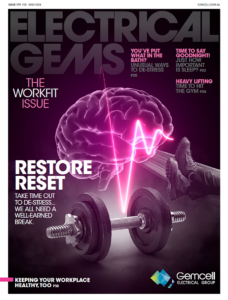
Issue 179
FEB - MARCH 2024

Issue 178
DEC 2023 - JAN 2024
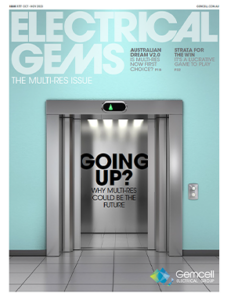
Issue 177
OCT - NOV 2023
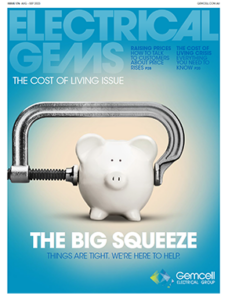
Issue 176
AUG - SEPT 2023

Issue 175
JUN - JUL 2023
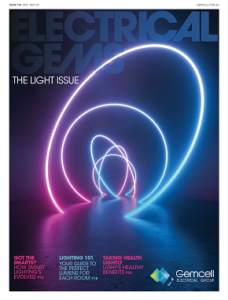
Issue 174
APR - MAY 2023

Issue 173
FEB - MAR 2023

Issue 172
DEC 2022 - JAN 2023

Issue 171
OCT - NOV 2022

Issue 170
AUG - SEPT 2022

Issue 169
JUN - JUL 2022

Issue 168
APR - MAY 2022
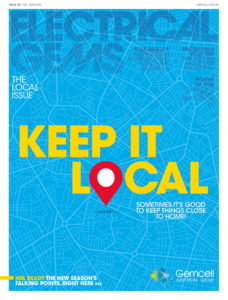
Issue 167
FEB - MAR 2022
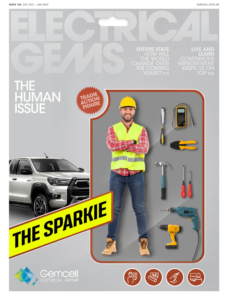
Issue 166
DEC 2021 - JAN 2022

Issue 165
OCT - NOV 2021
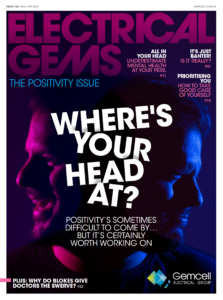
Issue 164
AUG - SEPT 2021
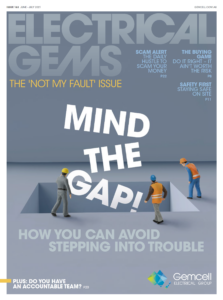
Issue 163
JUN - JUL 2021
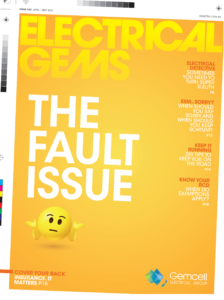
Issue 162
APR - MAY 2021

Issue 161
FEB - MAR 2021

Issue 160
DEC 2020 - JAN 2021

Issue 159
OCT - NOV 2020

Issue 158
AUG - SEPT 2020
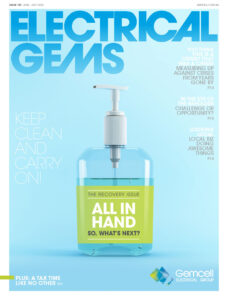
Issue 157
JUN - JUL 2022

Issue 156
APR - MAY 2020

Issue 155
FEB - MAR 2020

Issue 154
DEC 2019 - JAN 2020

Issue 153
OCT - NOV 2019

Issue 152
AUG - SEPT 2019

Issue 151
JUN - JUL 2019
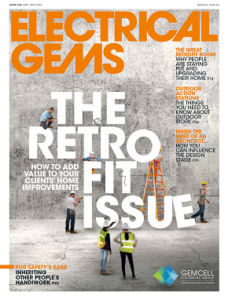
Issue 150
APR - MAY 2019

Issue 149
FEB - MAR 2019

Issue 148
DEC 2018 - JAN 2019

Issue 147
OCT - NOV 2018

Issue 146
AUG - SEPT 2018

Issue 145
JUN - JUL 2018

Issue 144
APR - MAY 2018

Issue 143
FEB - MAR 2018

Issue 142
DEC 2016 - JAN 2017

Issue 141
OCT- NOV 2017

Issue 140
AUG - SEPT 2017

Issue 139
JUN - JUL 2017
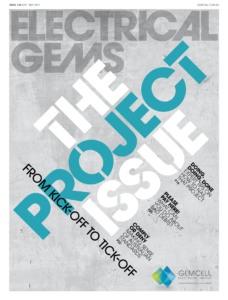
Issue 138
APR - MAY 2017

Issue 137
FEB - MAR 2017

Issue 136
DEC 2016 - JAN 2017
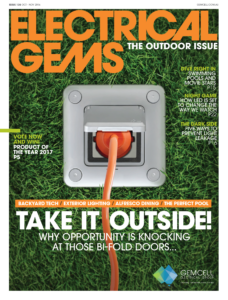
Issue 135
OCT - NOV 2017

Issue 134
AUG - SEPT 2016

Issue 133
JUN - JUL 2016
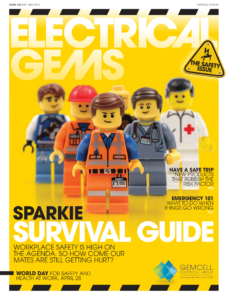
Issue 132
APR - MAY 2016

Issue 131
FEB - MAR 2016

Issue 130
DEC 2015 - JAN 2016
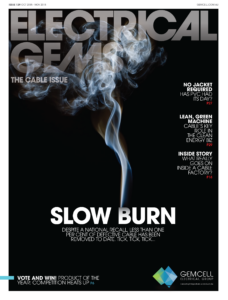
Issue 129
OCT - NOV 2015

Issue 128
AUG - SEPT 2015

Issue 127
JUN - JUL 2015

Issue 125
APR - MAY 2015

Issue 125
FEB - MAR 2015

Issue 124
DEC 2014 - JAN 2015
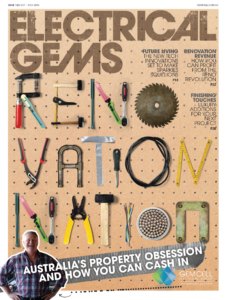
Issue 123
OCT - NOV 2014

Issue 122
AUG - SEPT 2014

Issue 121
JUN - JUL 2014
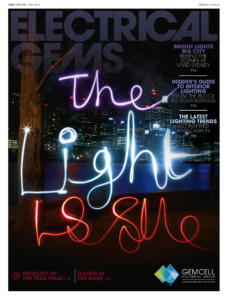
Issue 120
APR - MAY 2014

Issue 119
FEB - MAR 2014
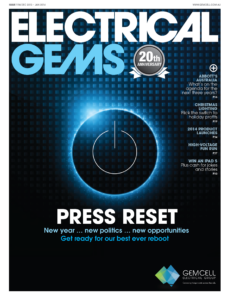
Issue 118
DEC 2013 - JAN 2014
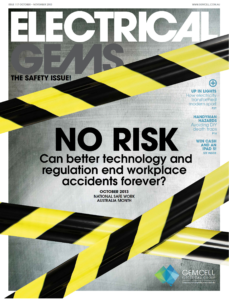
Issue 117
OCT - NOV 2013

Issue 116
AUG - SEPT 2013

Comments (0)
Write a Comment